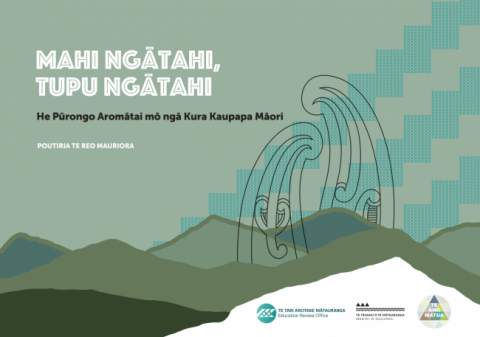How is my child doing?
Published: 30 Apr 2013
ERO guides for parents have been written for everyone who parents a child - those who have care and responsibility for children attending a school. The booklets include questions you can ask, as well as general information that you may find useful. Click on the booklet to read and download.
How is my child doing? suggests questions parents can ask teachers in primary and secondary schools about their child's learning and wellbeing at school, and what to expect. It also looks at what makes a successful school.
- Audience:
- Parents
- Schools
- Content type:
- Research
- Topics:
- Early learning
- School policies and procedures
- Families
- School culture
- Guides for parents









